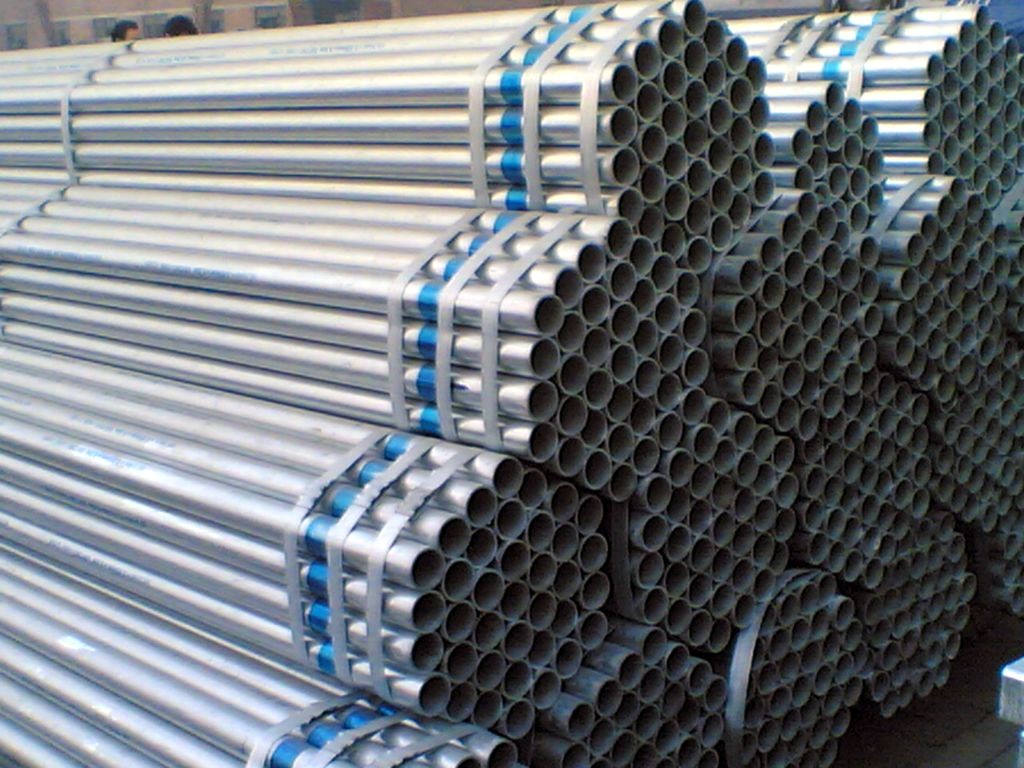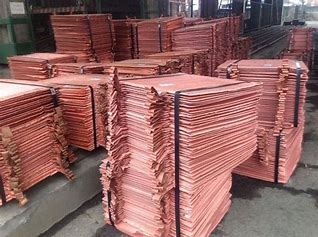Hydrogen projects worldwide
Date: 2023-06-12 Categories: News Hits: 635
 Hydrogen has been hailed as the ultimate energy solution for a sustainable future. However, its development as a fuel has been slow due to several challenges such as heavy reliance on non-renewable sources, high capital costs, and lack of infrastructure. Despite these challenges, the past few years have seen a surge in hydrogen projects globally. This report aims to highlight the current status of hydrogen projects and their potential impact on society.
Hydrogen has been hailed as the ultimate energy solution for a sustainable future. However, its development as a fuel has been slow due to several challenges such as heavy reliance on non-renewable sources, high capital costs, and lack of infrastructure. Despite these challenges, the past few years have seen a surge in hydrogen projects globally. This report aims to highlight the current status of hydrogen projects and their potential impact on society.
The global transition towards hydrogen as a fuel is being driven by the goal to meet international sustainability targets, particularly the Paris Climate Agreement. Hydrogen is considered a zero-emission fuel when burned, and its production can be made from renewable sources such as water and wind. It can also be utilized across multiple sectors such as transportation, power generation, industrial processes, and buildings.
One of the most significant hydrogen projects is the European Union's Hydrogen Strategy, which aims to develop a complete hydrogen value chain in Europe by 2030, with a renewable hydrogen production capacity of up to 40 GW. The plan includes significant investments in research and development, infrastructure, and incentives to promote the use of hydrogen across various sectors. Other notable projects include Japan's Hydrogen Society, which aims to achieve a hydrogen-powered society by 2050, and South Korea's Hydrogen Economy Roadmap, which aims to expand hydrogen infrastructure by increasing the number of refueling stations and developing fuel cell vehicles.
In terms of transportation, the use of hydrogen fuel cells is gaining traction as an alternative to fossil fuels. Major automakers such as Toyota, Hyundai, and Honda have invested heavily in developing hydrogen-powered vehicles. The deployment of fuel cell trucks for heavy-duty transport is also gaining momentum, with companies such as Nikola and Hyundai leading the way. In the aviation sector, several companies, including Airbus, ZeroAvia, and Universal Hydrogen, are developing hydrogen-powered planes.
In the energy sector, hydrogen is being increasingly utilized for power generation and storage. The installation of hydrogen fuel cells in power plants is a growing trend to reduce carbon emissions. Hydrogen is also being used to store excess renewable energy from wind and solar power, which can be used during peak demand periods.
Despite growing interest in hydrogen projects, there are significant challenges that must be overcome to achieve widespread adoption. The primary challenge is the high cost of production, particularly for renewable hydrogen, which requires significant investment in infrastructure. Developing a reliable and efficient method of hydrogen production that can compete with conventional fuels is crucial to the viability of the hydrogen industry.
In conclusion, the development of hydrogen projects is gaining significant momentum globally, driven by the need to address the climate crisis and meet sustainability targets. Hydrogen has the potential to revolutionize multiple sectors, particularly transportation and energy. However, significant investments are required to overcome the challenges of production and infrastructure, making hydrogen a viable alternative to fossil fuels.
The Middle East and North Africa (MENA) region has vast potential for the development of hydrogen projects. The region is well-positioned to become a global leader in the production and export of hydrogen due to its abundance of renewable energy sources, particularly solar and wind power.
Several countries in the MENA region have already started to explore the potential of hydrogen. Saudi Arabia, for instance, has announced plans to develop a $5 billion hydrogen production facility, which will be powered by renewable energy. The facility aims to produce up to 650 tons of hydrogen per day and is expected to be operational by 2025.
The United Arab Emirates (UAE) is also exploring the potential of hydrogen, with a focus on green hydrogen production. The country aims to become a major producer and exporter of green hydrogen by 2050 and has announced plans to build a $1.5 billion green hydrogen plant powered by solar energy.
Other countries in the MENA region, such as Oman and Morocco, are also exploring the potential of hydrogen as a fuel. In Oman, a pilot project is underway to produce hydrogen from renewable energy for use in fuel cell vehicles, while Morocco has commissioned several studies to assess the potential of hydrogen production from renewable energy sources.
Despite the potential, the development of hydrogen projects in the MENA region faces significant challenges, including the high capital costs of infrastructure development and the need for significant policy support to create a conducive environment for hydrogen development. However, the potential benefits of hydrogen production, including the creation of jobs and the reduction of carbon emissions, provide strong incentives for governments and private investors to pursue hydrogen projects in the MENA region.
In conclusion, the MENA region is well-positioned to become a global leader in the development of hydrogen projects. With abundant renewable energy sources, several countries in the region are already exploring the potential of hydrogen as a fuel. Despite the challenges in developing hydrogen infrastructure and policy support, the potential benefits of hydrogen production are too significant to ignore, making the MENA region a promising player in the future of the hydrogen industry.

 Corrugated Steel Plates
Corrugated Steel Plates  Hot Rolled Steel Plates
Hot Rolled Steel Plates  Cold Rolled Steel in Coils
Cold Rolled Steel in Coils  Tin Plates
Tin Plates  Galvanized / Galvalume Steel C...
Galvanized / Galvalume Steel C...  Pre-Frabrication - Bridges
Pre-Frabrication - Bridges  Pre-Fabrication of Scaffolding
Pre-Fabrication of Scaffolding  ERW Steel and Hot Dip Galvaniz...
ERW Steel and Hot Dip Galvaniz...  Seamless Steel Pipes
Seamless Steel Pipes  Casing
Casing  Flanges
Flanges  Line Pipes
Line Pipes  Copper Ingots
Copper Ingots  Copper Cathodes
Copper Cathodes  Aluminum Billets
Aluminum Billets  Aluminum Pipes and Tubes
Aluminum Pipes and Tubes  Aluminum Coils
Aluminum Coils